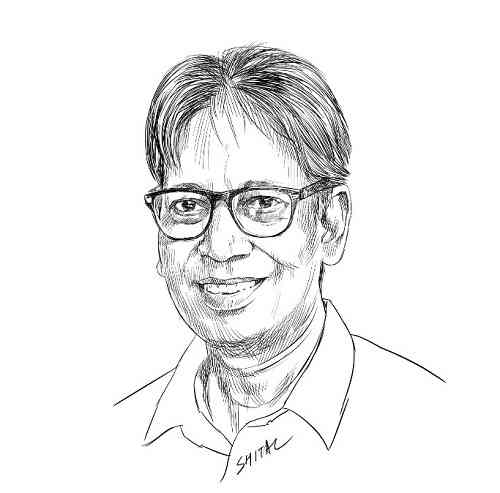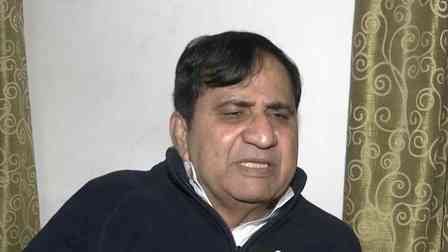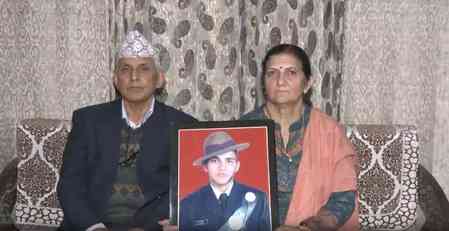Can freebies become a future obstacle for the state exchequer, development, and inflation control?

In a democratic system, electoral votes play a decisive role in forming the government. Political leaders often promise a range of freebies in their pre-election manifestos to attract voters, often without considering the long-term impact on the economy. What happens when these freebies are implemented without a strategic plan for the economy’s future health? Historically, countries that have embraced extensive freebies have suffered significant setbacks, including economic strain, slow development, and heightened inflation. The question remains: how long can an economy sustain itself while offering such giveaways?
To maintain fiscal balance, the government may be forced to broaden its taxation base, increasing taxes on more items or services.
Government revenue is primarily drawn from taxes, including excise duties, GST, income tax, and other direct and indirect taxes. If tax collection fails to meet expenditure demands, the government faces deficits, impacting various essential programs and initiatives. While freebies may initially please the masses, they ultimately place a burden on the state exchequer, limiting funds for development projects and reform policies. Meanwhile, the Union Government is already providing pensions to senior citizens, distributing food grains to low-income families, and offering other benefits. But the middle class, already struggling with rising inflation, bears the brunt of increasing prices for essential goods like fruits, vegetables, and pulses.
While voters may welcome the idea of freebies, these programs often exacerbate inflation by disrupting the balance between supply and demand. Additionally, agricultural land—once the source of affordable local produce—has been converted into residential plots, colonies, and farmhouses, or repurposed for national highways. As a result, urban dwellers now travel much further to access produce that was once locally available, driving up costs, particularly in metropolitan areas.
In the political arena, tensions over election tickets are causing upheavals within party ranks. In Haryana, several political leaders have resigned after being overlooked for party tickets, raising questions about party unity. The future success of these parties now rests on grassroots support—whether local cadres can motivate the electorate or if internal conflicts will lead to cross-voting remains to be seen.
Similarly, in Jammu and Kashmir, voters will soon elect their state assembly representatives, though it’s unclear which political parties will come out on top. The bigger question is whether these parties will once again resort to offering freebies as a means to secure votes.
As the year progresses, assembly elections in Maharashtra and Jharkhand are slated for December 2024. Will the outcomes of these elections shape the future political landscape? Will we witness new alliances, or will a single party manage to secure a majority? Ultimately, it will be up to the voters to decide.
Authored by:
Rajat Kumar Mohindru
Journalist,
Jalandhar City


 Rajat Kumar
Rajat Kumar 









